Summary
- Even with good intentions, isekai heroes can inadvertently hinder societal growth.
- Introducing advanced tech without proper support disrupts social structures and economies.
- The sudden departure of isekai heroes can leave worlds worse off than before.
Isekai protagonists are often portrayed as saviors, using modern knowledge, cheat abilities, and sheer ingenuity to “fix” their new worlds. At first glance, every move they make seems perfect for building a utopia. However, a lot of ‘good’, at times, can turn out to be detrimental.
When you look closely, their actions are often a recipe for economic disaster. Be it disrupting supply and demand, or making societies overly reliant on their existence, the ripple effects of an overpowered “Mr. Fix-It-All” can bring entire world systems crashing down in the long run.
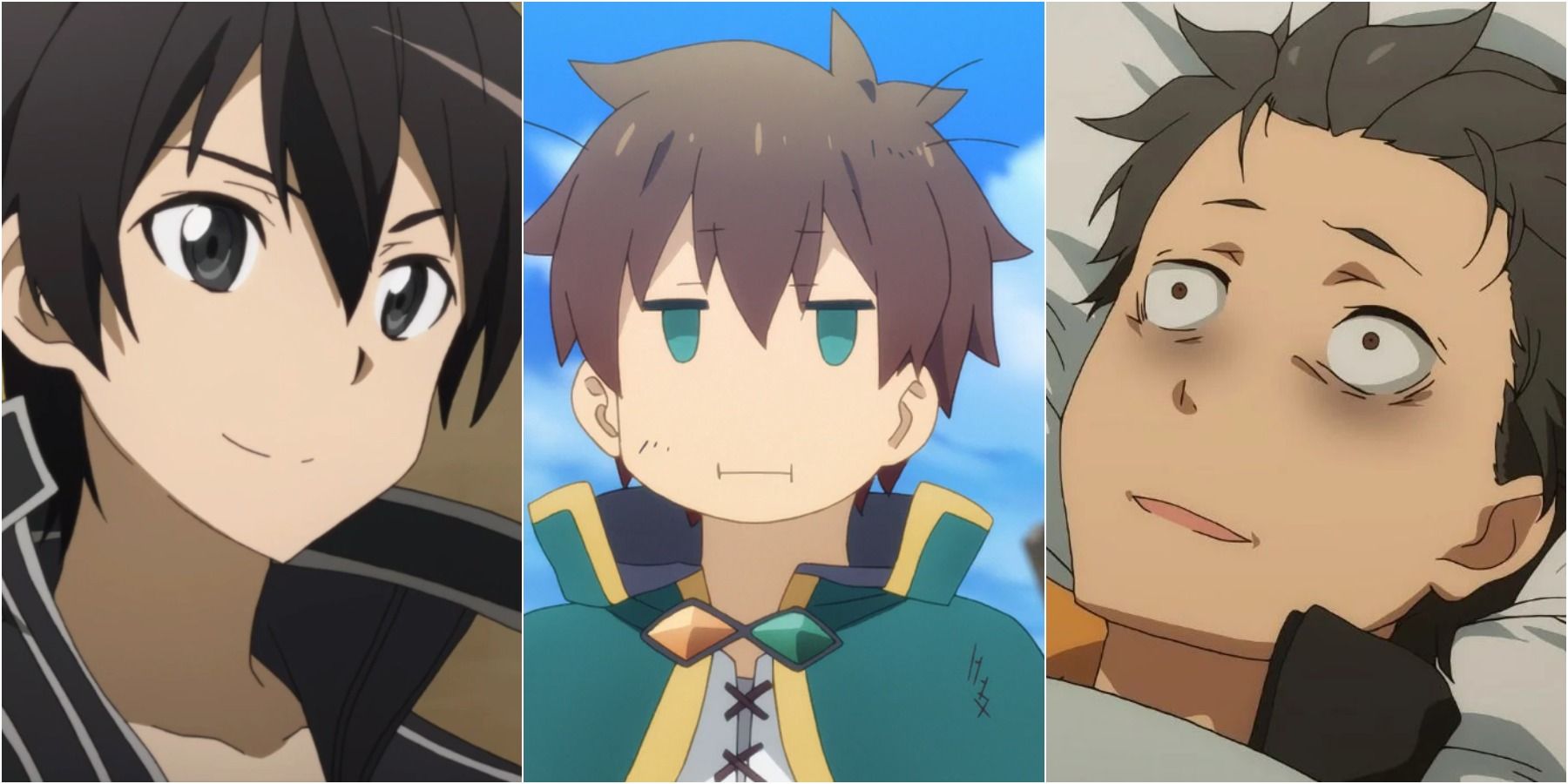
Related
The Different Types of Isekai Protagonists
Isekai tends to focus on a variety of different archetypes for its protagonists. Take a look at the most common ones.
The “Mr. Solve-It-All” Problem
Too Much Good is Contagious
The very presence of an all-capable protagonist creates systemic laziness in their new world. Why would kingdoms, cities, or individuals work hard to develop solutions to their own problems when one hero can snap their fingers and fix everything? This creates a dangerous dependency on the protagonist, stifling innovation and weakening the world’s ability to survive without them.
In long-term, the following impact can be expected:
- Adventurers, farmers, builders, and other professionals would lose their purpose and skills.
- People may hoard whatever goods the hero provides, causing artificial shortages.
- Rulers who rely on heroes would find themselves unable to govern effectively once the “cheat” leaves the board.
In short, an isekai hero doesn’t help societies grow— they stunt them. Society is no longer getting strong and efficient to fix a problem, but instead employing external help to make everything a non-issue.
Another Issue: The Rimuru Dilemma
Responsible Expansion Still Breaks Balance
In That Time I Got Reincarnated as a Slime, Rimuru Tempest can be considered as one of the more responsible isekai protagonists. Instead of mindlessly flexing his power, he builds an organized, prosperous nation with advanced infrastructure and resources. But even Rimuru’s responsible growth creates significant problems:
- Rimuru’s kingdom develops at a pace far ahead of others. His knowledge of modern technologies like steam engines, roads, and logistics gives him a massive edge. Other kingdoms simply cannot compete.
- Most trade agreements heavily favor Rimuru’s nation. His advanced goods, like healing potions, weapons, or food, are too valuable, which leaves other nations unable to offer equivalent goods in return. The balance of trade collapses.
- Neighboring nations increasingly rely on Rimuru’s resources, military power, and goods, leaving them economically vulnerable and unable to grow on their own, unless Rimuru steps in to provide a solution to the problem his existence created in the first place.
It becomes a loop of give and give. While Rimuru handles this situation diplomatically, many protagonists don’t. In a less benevolent case, the hero’s nation would dominate trade, turning the surrounding kingdoms into economic vassals or pushing them into poverty.
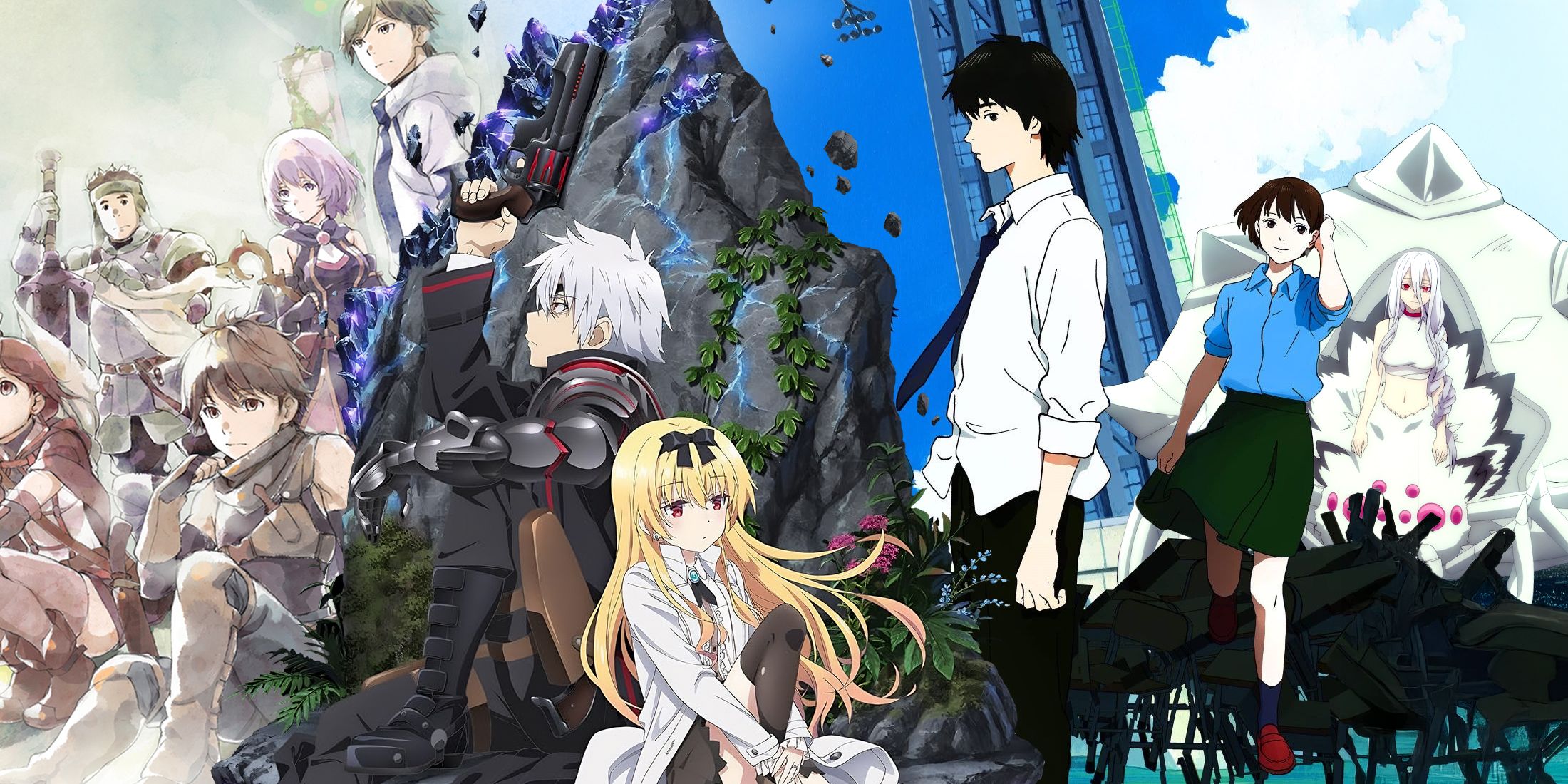
Related
Isekai Anime & Manga That Have Many Summoned Characters
Not all isekai anime and manga feature a single character who gets transported to another world. In these cases, groups of people get summoned.
Technological Leapfrogging
Progress Without Structure
Isekai heroes often introduce advanced technology without the infrastructure, education, or systems to support it. Innovations like steam engines, electricity, and modern medicine bypass hundreds of years of incremental growth. While this looks like progress, it’s more like planting seeds in infertile soil due to the following reasons:
- Advanced technology demands materials (like coal, oil, or steel) that the world may not have the infrastructure to produce.
- Locals can’t maintain or repair new technology if they don’t know how it works. Once the hero leaves, the tech falls into disrepair.
- Rapid technological changes often upend traditional power structures, leading to social unrest. Feudal lords and guilds who lose their influence may rebel.
Even in cases where sufficient knowledge is handed down, if the local supply chains can’t keep up with the sudden demand, any progress can be tricky.
Inflation and the Gold Dumping Effect
Devaluing Currencies Overnight
Many isekai heroes quickly stumble upon a dragon’s hoard of gold or discover ways to conjure infinite resources. While this seems like a cheat code for prosperity, it causes massive economic disruption:
- Flooding the market with gold or rare resources devalues the currency. If gold suddenly becomes abundant, the kingdom’s entire economic system would collapse, as its perceived value evaporates.
- Traders who relied on scarcity for their livelihood (e.g., jewelers or potion sellers) would see their businesses ruined as the hero mass-produced goods for free.
- Overpowered heroes often work for little or no pay, undermining local laborers who need income to survive.
A perfect example of this is heroes creating ground-breaking healing potions or enchanted swords. By solving immediate problems, they destabilize industries that rely on these goods as sources of income.
A Bigger Issue: The Hero Exit Crisis
What Happens When They Leave?
While isekai protagonists often aim to save their new worlds, their overwhelming power and modern ideals create unintended consequences. The ultimate problem with isekai heroes is their impermanence. Most protagonists solve problems quickly and then move on, leaving the world unprepared for future challenges:
- Once the hero leaves, kingdoms that rely on their power or technology find themselves unable to cope.
- Industries ruined by the hero’s actions—like potion sellers or blacksmiths—don’t recover overnight.
- If the hero overthrows corrupt rulers but doesn’t install stable governance, civil wars or power struggles often follow.
Heroes act as band-aids, not builders of sustainable futures. Their sudden departure leaves societies worse off than before. The answer isn’t a utopia—it’s a disaster.
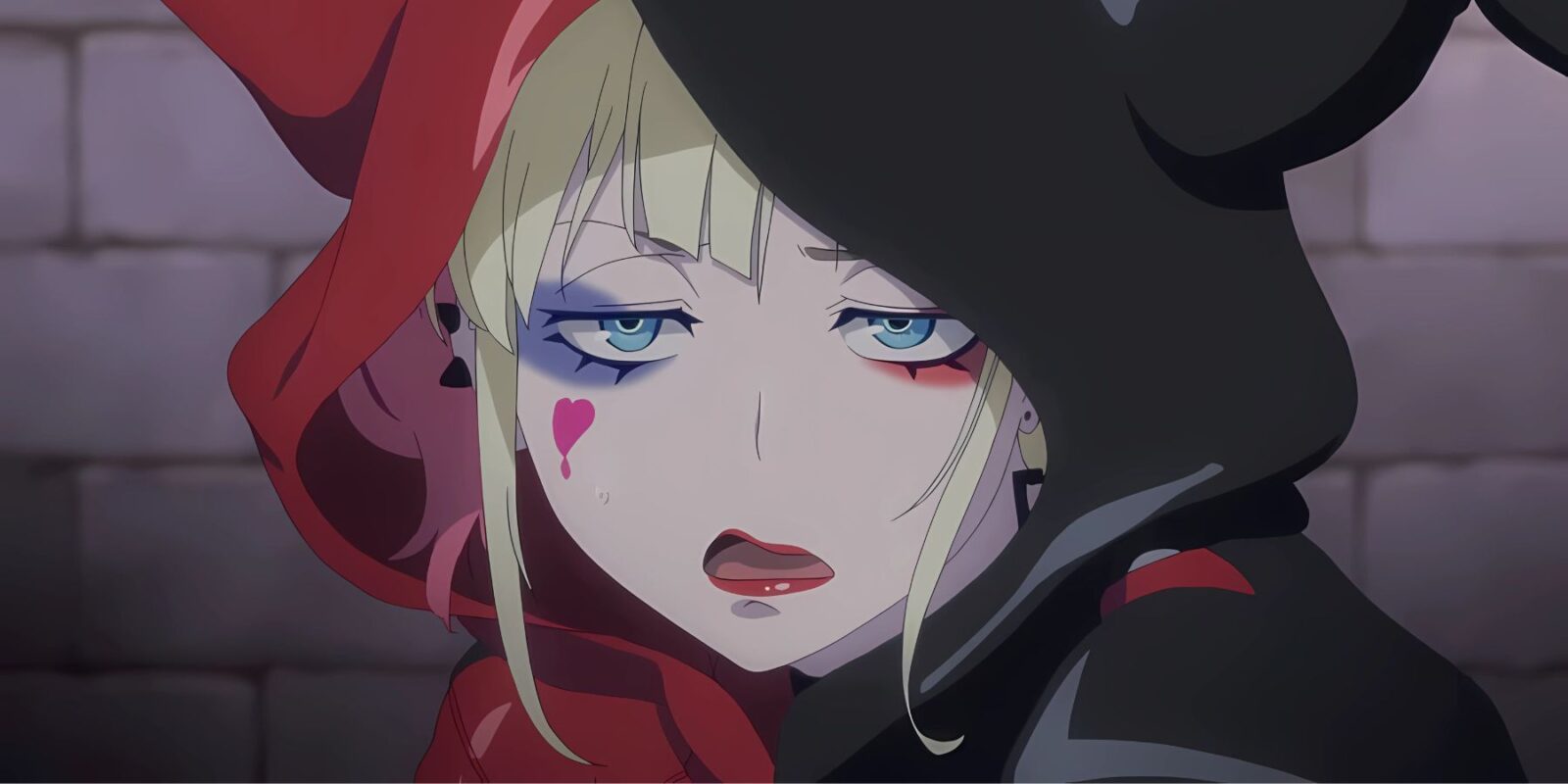
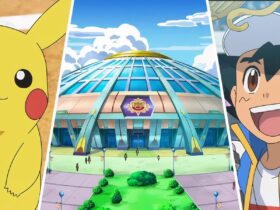
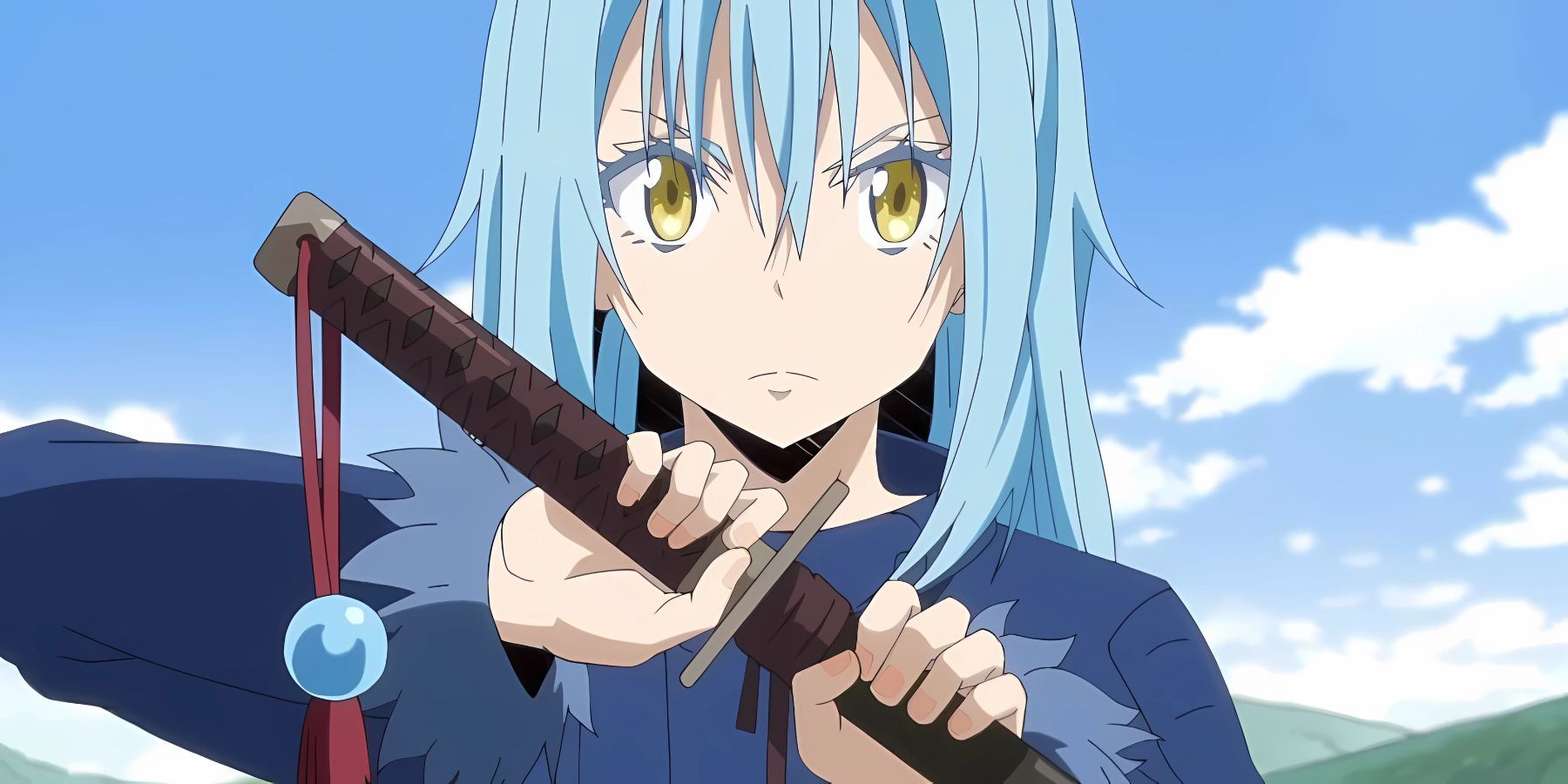
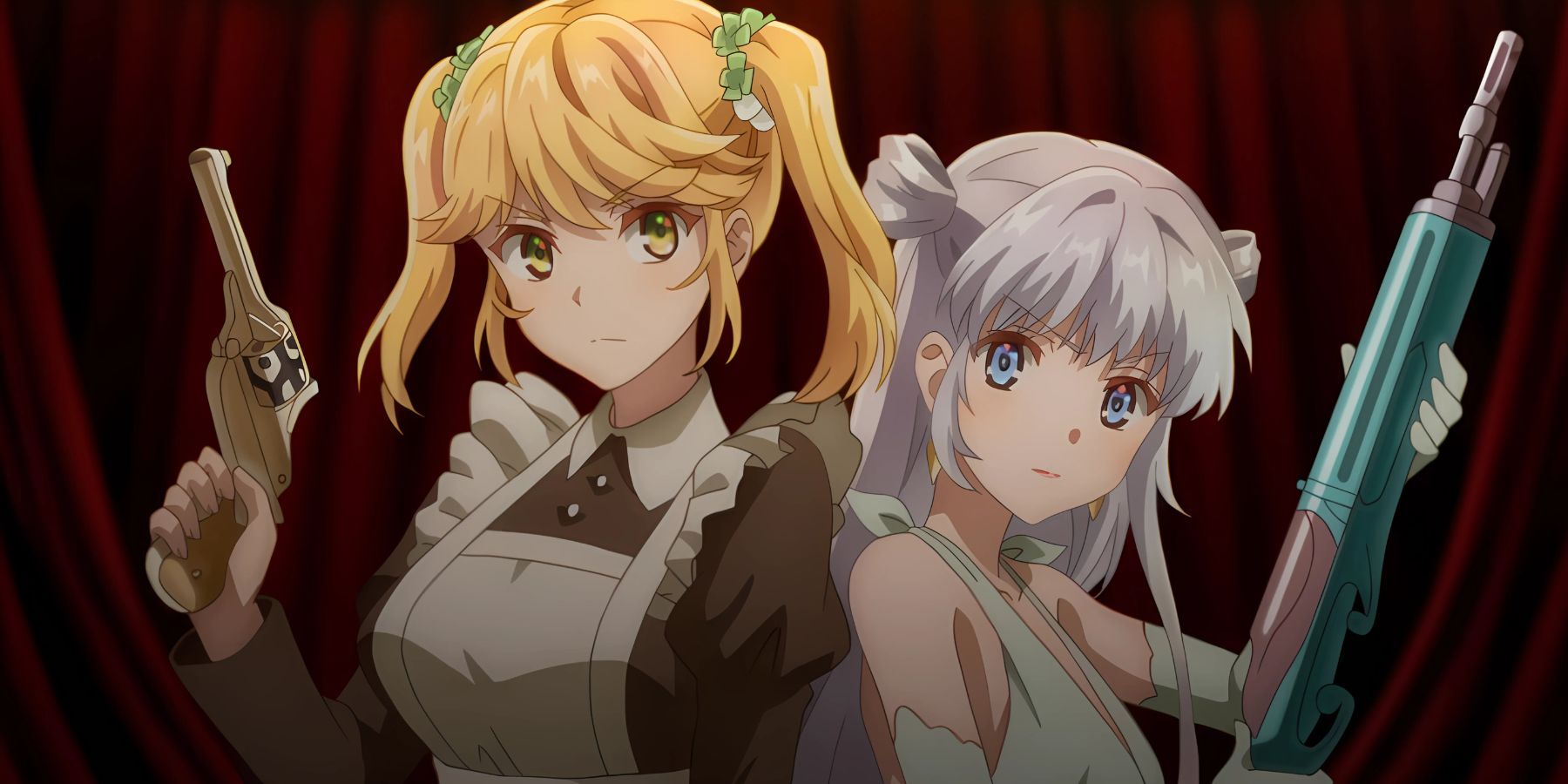
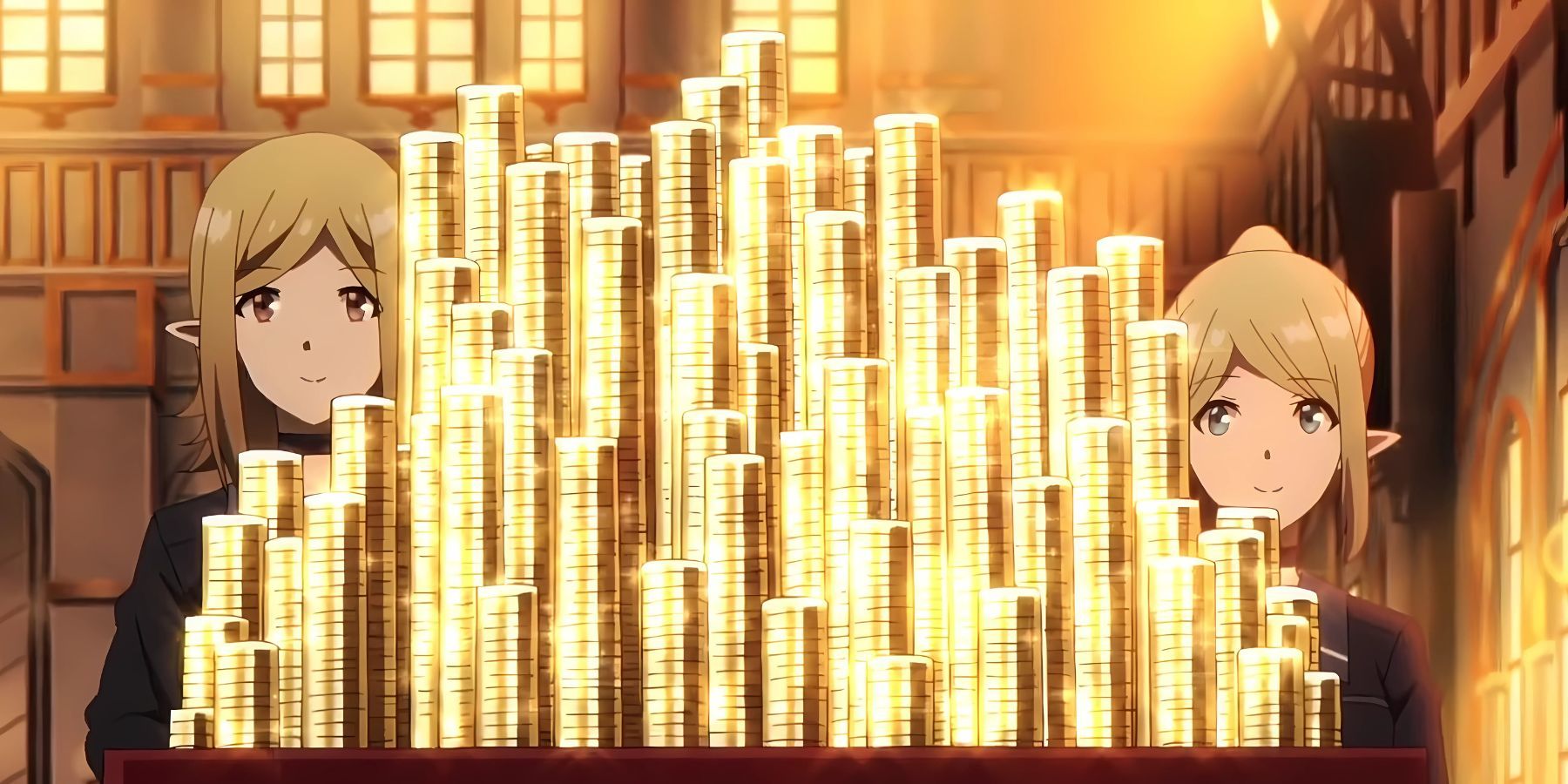
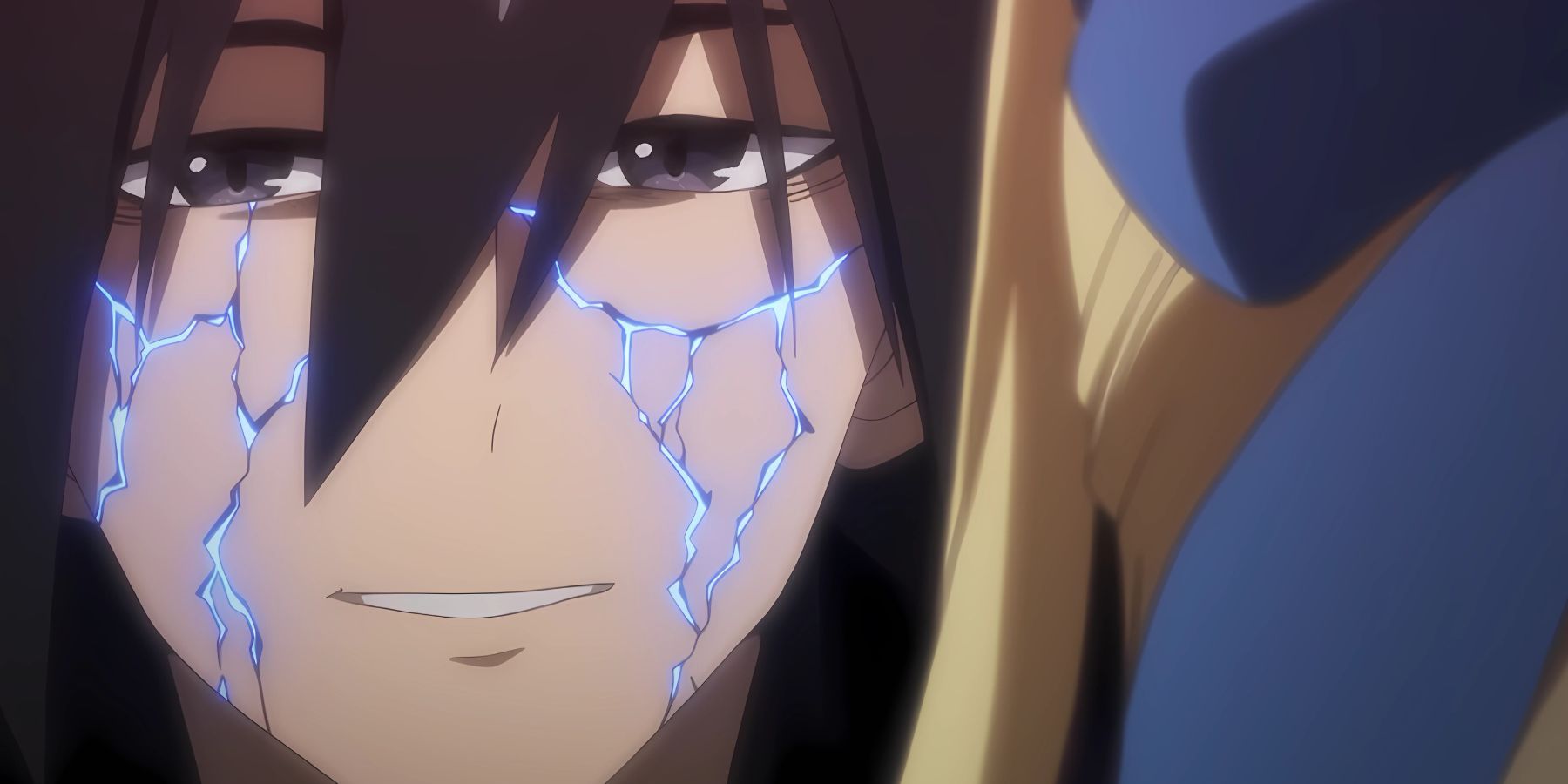
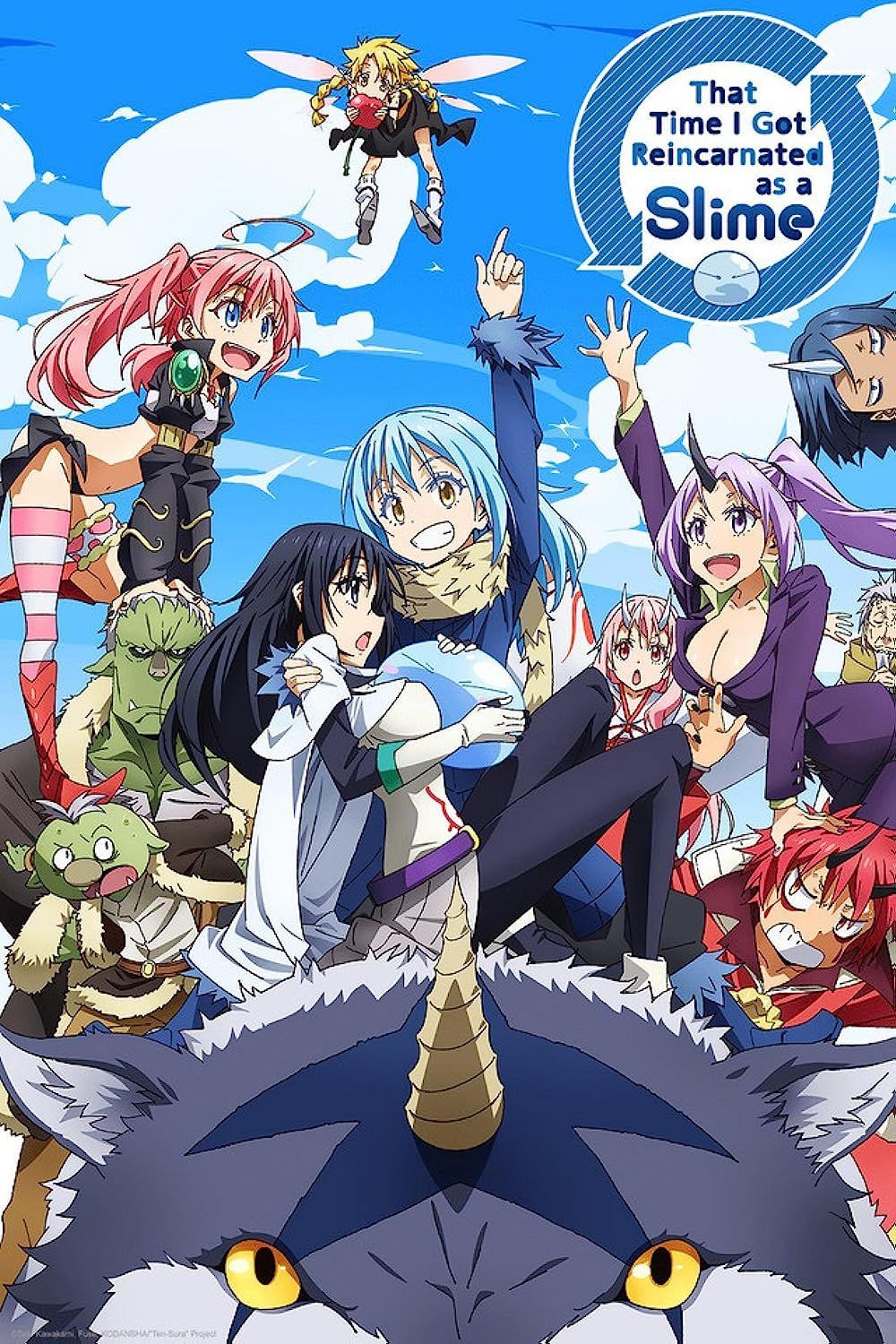


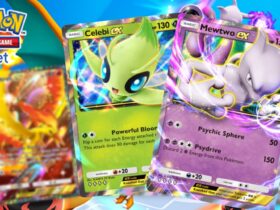

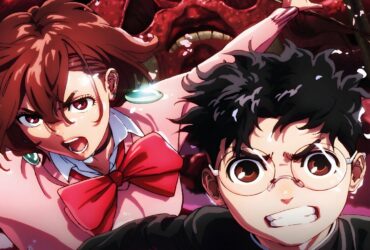
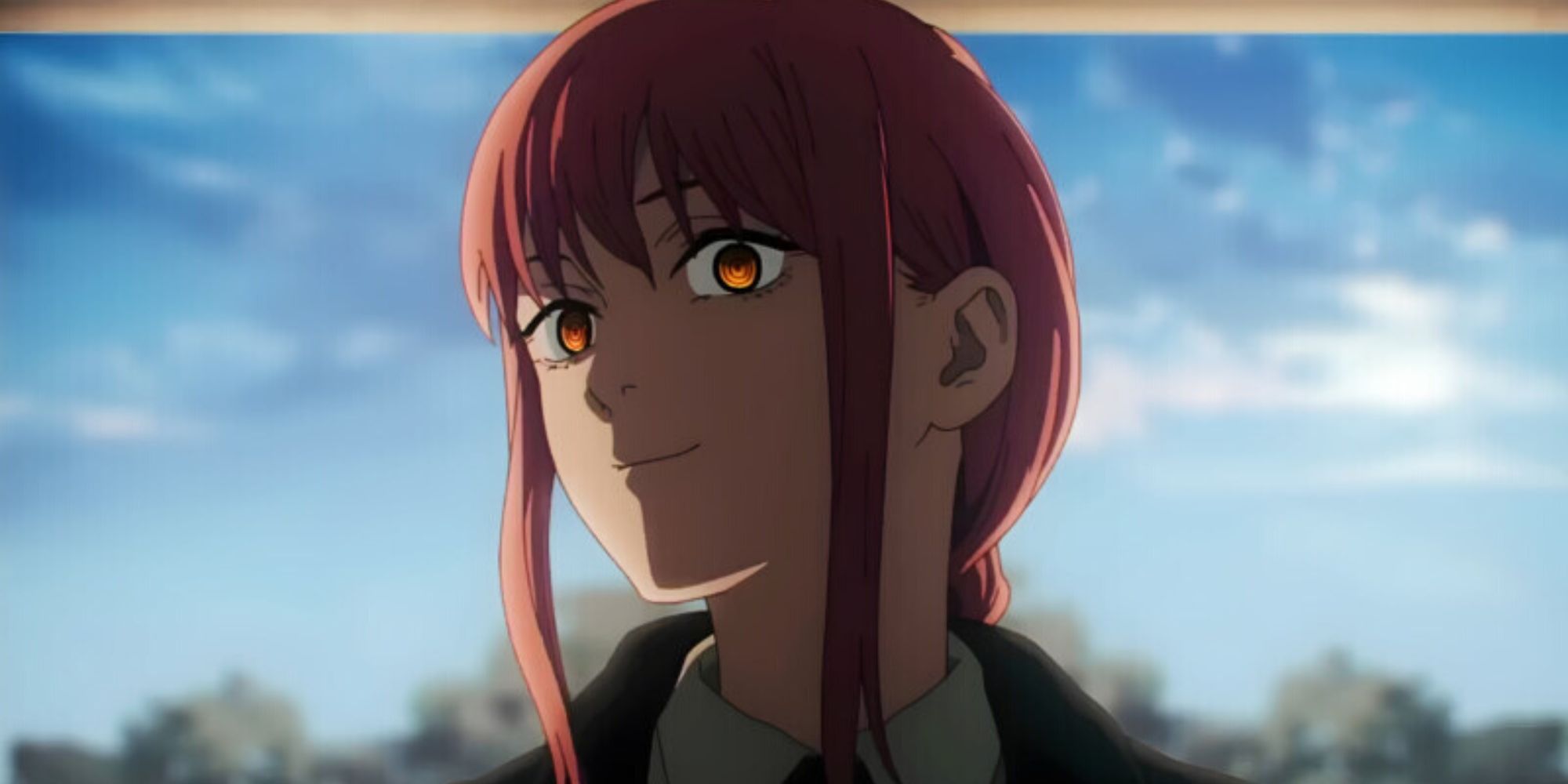
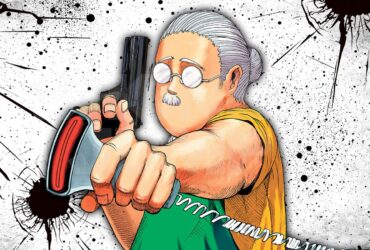
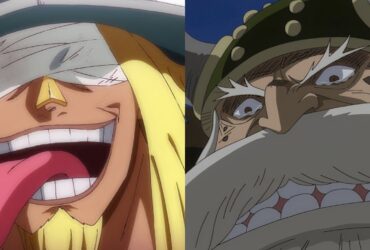
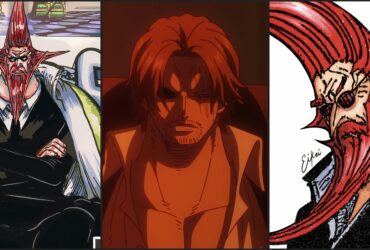
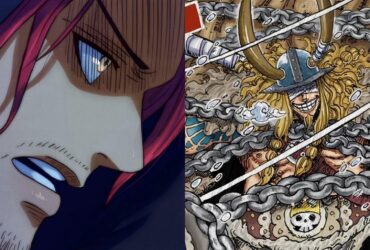
Leave a Reply